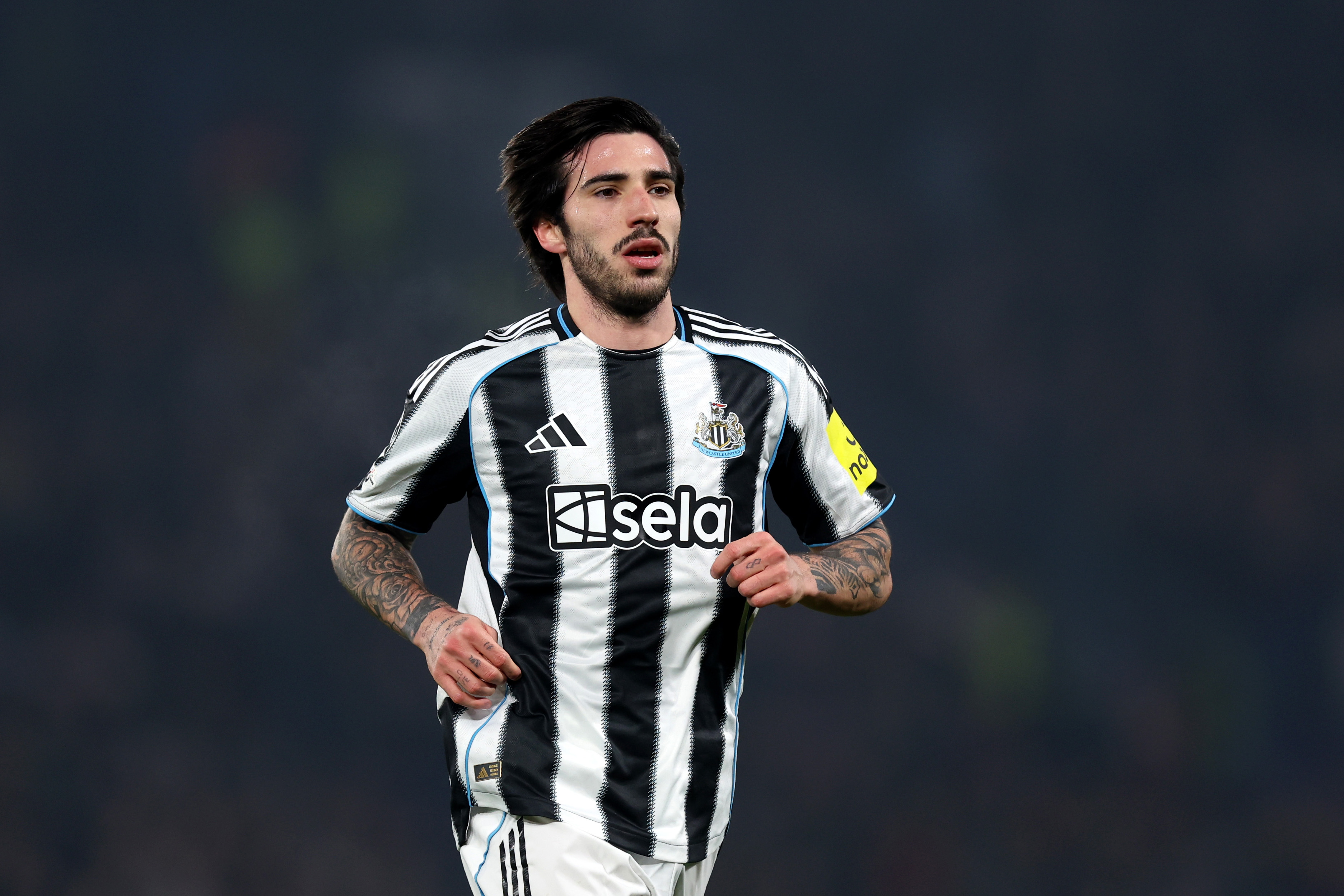The European Cup final that sparked a revolution
In 1960, a 19-year-old trainee striker on Queens ParkâÂÂs books watched in wonder from the schoolboysâ enclosure at Hampden Park as Real Madrid walloped Eintracht Frankfurt 7-3 to win the fifth European Cup.
That trainee striker was called Alex Ferguson. And the final he was watching wasnâÂÂt just magical, it was revolutionary.
Real celebrate in 1960
Before that game, the British attitude to European football was summed up, at its worst, by Rangers manager Scot Symon, who on landing in Germany before the semi-final away leg asked: âÂÂEintracht? Who are they?âÂÂ
He didnâÂÂt bother to inspect the pitch because Rangers would do that âÂÂduring the game.â His reward for such insouciance? A 12-4 thrashing over two legs by Eintracht.
After the 1960 final â with the likes of Andy Roxburgh, âÂÂJinkingâ Jimmy Johnstone and Billy Bremner also in the crowd â the blinkers came off.
The Hungarian genius Ferenc Puskas, still the only man to score four goals in a European Cup final, and the Argentine total footballer Alfredo di Stefano (who only scored three at Hampden) were idolised by the likes of George Best, Jimmy Greaves and Bobby Charlton.
The best features, fun and footballing quizzes, straight to your inbox every week.
The 7-3 inspired a young manager called Don Revie to make Leeds United wear white.
Manchester UnitedâÂÂs Scottish coach, Matt Busby, had challenged British footballâÂÂs isolationism by ignoring the apparatchiks to enter the European Cup. His countrymen â managers like Jock Stein and Willie Waddell â began to seriously study EuropeâÂÂs methods.
When Stein was moonlighting as Scotland coach in 1965 he quizzed Giacinto Facchetti about the catenaccio with which Helenio HerreraâÂÂs Inter dominated European football.
Stein used that knowledge to devastating effect in 1967 when Celtic beat Inter, recording the most comprehensive 2-1 victory ever in a European Cup final.
Cosmopolitan, tactically sophisticated, glamorous, Inter looked, one Celtic player said, âÂÂlike Ambre Solaire men.â But they were vanquished â some estimates suggest Celtic had 42 shots on goal â by what Stein called âÂÂpure, inventive football.âÂÂ
To ensure Celtic were in the right attacking mood, the manager showed a tape of the 1960 final before the game.
Celtic tonk Inter in '67
The magical, flickering black and white footage of Puskas and Di Stefano had also entranced two 14-year-old Dutch kids, Barrie Hulshoff and Gerrie Muhren.
As striker and midfielder, they won three European Cups with Ajax. But for Muhren, the greatest moment of his career came in April 1973 when, in a European Cup semi-final against Real Madrid at the Bernabeu, he juggled the ball on the half-way line and was applauded by the home crowd.
As Muhren told David Winner in Brilliant Orange: âÂÂIt was always my dream to play good soccer against Real Madrid.âÂÂ
AjaxâÂÂs greatest player, Johan Cruyff, was the most complete footballer since Di Stefano. With his old boss Rinus Michels and another Ajax escapee, Johan Neeskens (who would later assist Frank Rijkaard as Barca coach), he founded a school of football in Barcelona.
A Dutch school based on movement, possession and technique but influenced, strongly, by the skill, passing, interaction and movement, of the great Real side.
That Dutch school acquired an unorthodox Italian influence when Frank Rijkaard, a Dutch master in Arrigo SacchiâÂÂs Milan, took over at Camp Nou.
A former shoe salesman, Sacchi was a zealot, determined to change the defensive culture of Italian football. As he told Jonathan Wilson, âÂÂHolland in the 1970s really took my breath away. The television was too small: I felt like I needed to see the whole pitch to fully understand it.âÂÂ
Inspired by Honved (where Puskas made his name), Real, Brazil and Holland, Sacchi created an attacking Milan team based on movement, pressing and the conviction that to be truly great you didnâÂÂt just have to win, you had to entertain.
RijkaardâÂÂs team initially did both, before the team spirit evaporated, but the same belief underpins Pep GuardiolaâÂÂs Barca.
So this UEFA Champions League final should be a fascinating contest.
Guardiola, who very nearly joined United when he left Camp Nou in 2001, learned his craft in midfield under Cruyff and is steeped in a school of football that stretches back to Real Madrid in 1960.
GuardiolaâÂÂs opponent, Sir Alex Ferguson, treasures his memories of the 1960 final and has often, as a manager, shown a weakness for players of technique and vision in midfield and strikers who are more than just predators.
It is crass to say he was searching for a new Puskas or Di Stefano but Cantona, Veron, Rooney, Berbatov and the near signing of Gazza are all testimony to the United managerâÂÂs determination to find attackers and midfielders with technique, imagination and vision.
FergusonâÂÂs first European trophy â a Cup Winnersâ Cup with Aberdeen in 1983 â was won against a Real Madrid side coached by Di Stefano. FergusonâÂÂs mentor Jock Stein famously suggested that the Dons boss should present The White Arrow with a bottle of whisky, as if Aberdeen were just happy to be there.
Ferguson was delighted when Di Stefano accepted the gift with a puzzled smile.
Aberdeen and Alex Ferguson (r) lift Cup Winners' Cup in '83
In 1960 in Glasgow, an Argentine genius orchestrated a European Cup final that changed football forever. In 2009 in Rome, another Argentine genius will hope to be half as influential as Di Stefano.
The biggest threat to MessiâÂÂs supremacy is a Portuguese No.7 who seems to nurture the hope that, one day, he will join Di Stefano, Puskas, Gento and Zidane in RealâÂÂs pantheon of legends.
---------------------------------------------------
FourFourTwo.com: More to read...
More Professor Champions League blogs
Blogs Home
Champions League News
News Home
 Join The Club
Join The Club





